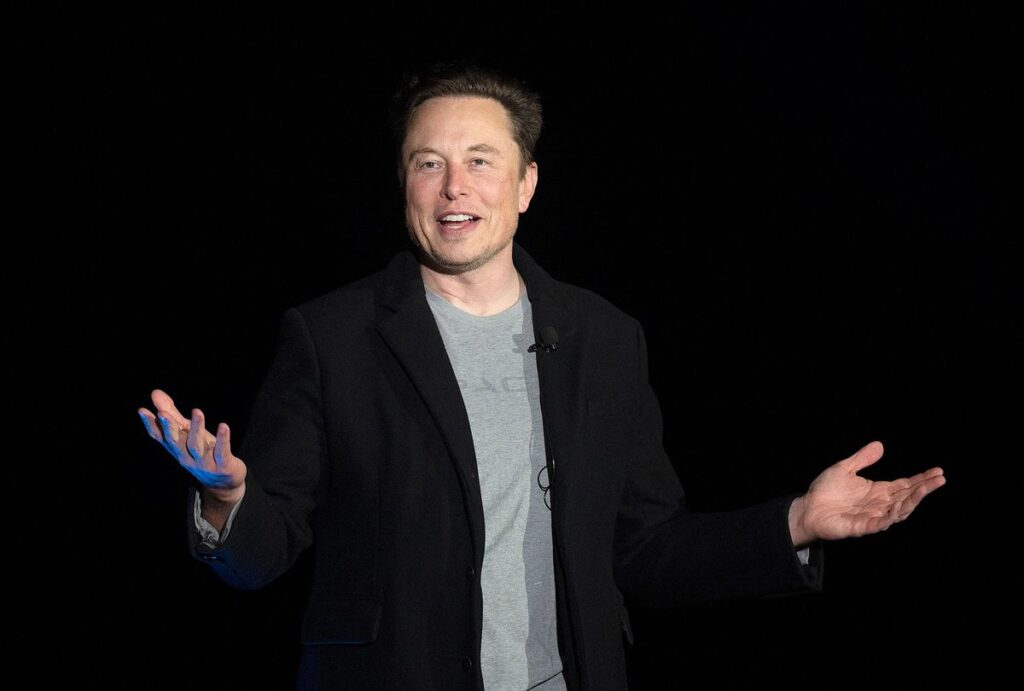|
Getting your Trinity Audio player ready...
|
The United Nations and European Union have both condemned Twitter’s decision to suspend several journalists who had been covering the social media platform and its new owner, Elon Musk.
Accounts belonging to journalists from The New York Times, The Washington Post, CNN, and Voice of America were among those that were deactivated. Mastodon, a decentralized social network marketed as an alternative to Twitter, was also blocked.
According to a Twitter spokesman, the bans are related to the live sharing of location data. The UN said on Twitter that media freedom is “not a toy,” and the EU threatened Twitter with sanctions.
Melissa Fleming, the UN’s under-secretary-general for global communications, said that she was “deeply disturbed” by reports that journalists were being “arbitrarily” suspended from Twitter. “Media freedom is not a toy,” she said. “A free press is the cornerstone of democratic societies and a key tool in the fight against harmful disinformation.”
“We’re very disturbed by the arbitrary suspension of accounts of journalists that we saw on Twitter,”
“The move sets a dangerous precedent at a time when journalists all over the world are facing censorship, physical threats and even worse”.
said UN spokesman Stephane Dujarric.
Earlier on Friday, the European Commission’s vice president for values and transparency, Vra Jourová, warned Musk that Twitter could face sanctions under new EU regulations.
Under the new EU rules, Big Tech companies would be required to explain to European users why their accounts had been suspended and give them the opportunity to appeal the decision. Violations may result in fines of up to 6% of global annual revenue, and repeat offenses may result in a European-wide operating ban.
Mr. Musk has actually commented directly on the suspensions, but said in a tweet that “criticizing me all day long is totally fine, but doxxing my real-time location and endangering my family is not”.
